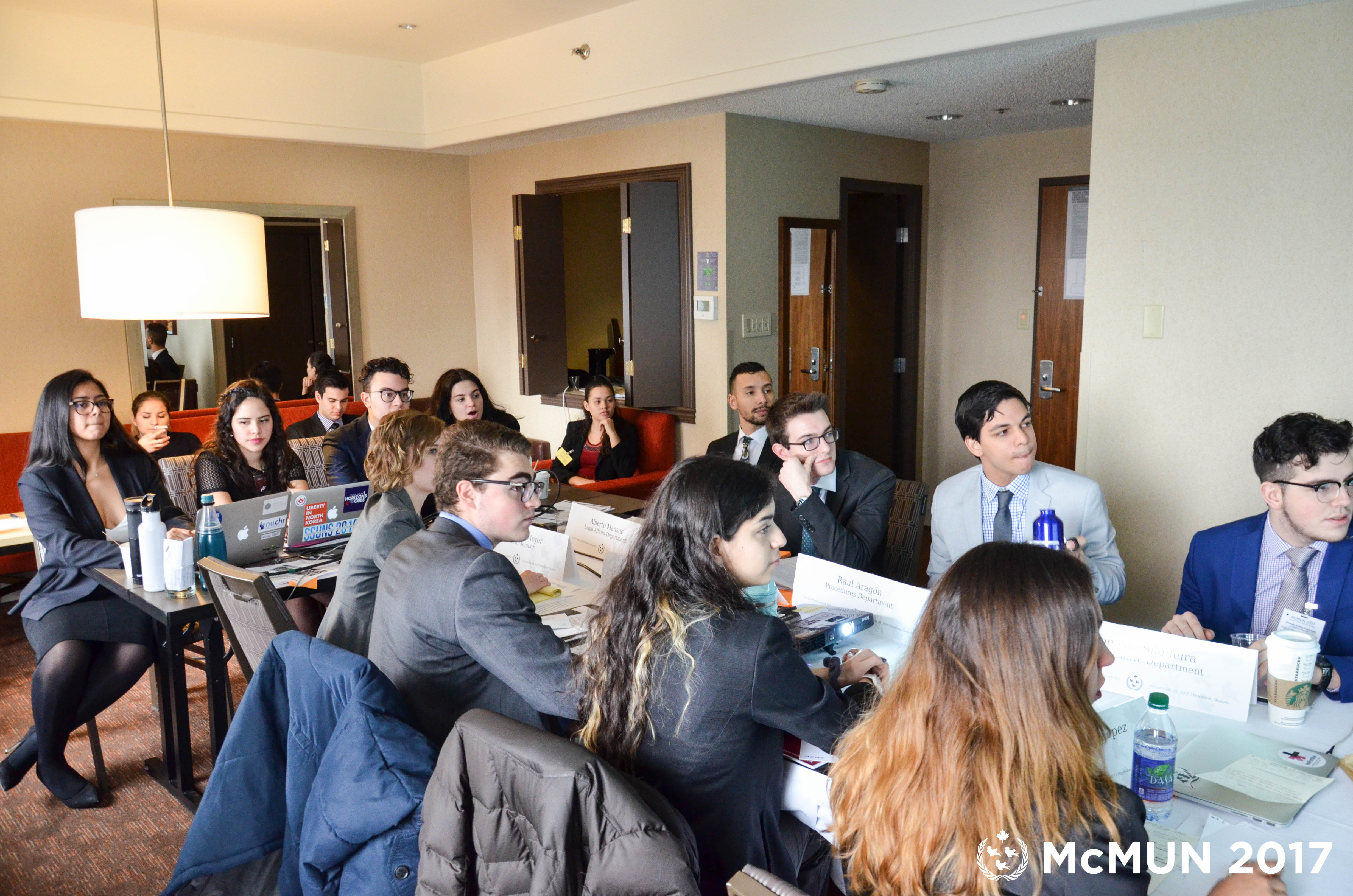McMUN 2017: The Silk Road: The Future of the Mongol Empire

At the pinnacle of its existence, the Silk Road was a commercial trade route and the centre of cultural interaction between several continents, including Europe, Africa, and Asia. Kublai Khan, one of the greatest rulers in the history of the Mongol Empire, seized extensive control of foreign trade made via the route by regulating commerce to circulate within Mongolia, and was himself a significant reason for the Silk Road’s success.
The Khan’s sudden opioid-induced death unleashed religious conflict in Mongolia between emerging Christians and Buddhists who have long been native to the nation. As to whom would succeed the Khan, this remained in question as the delegates debated between who and what would be able to cease the unrest, maintain the control of international trade, and bring about order and peace following the tragedy.
The Khan’s son, Crown Prince Zhenjin, would seem the most apparent as the next Mongol ruler. However, this was disputable, as discussed by the delegates. As a follower of his father’s Buddhist faith, Zhenjin was deemed unfit by the Christians, who now made up a majority of the Mongol population, to embrace the role of Khan.
There seemed to be a relatively proportionate split between delegates who were in favour of Zhenjin and those who were against him. The delegate to Nayan, Kublai’s other (Christian) son, cited Zhenjin’s Chinese upbringing and “unfamiliarity” with Mongol culture as inappropriate for the role of a Khan and was therefore against his brother’s rule. On the other hand, the delegate to Finance Minister Ahmad was for Zhenjin, mentioning that he was the eldest of Kublai’s sons and that the line of Mongol Khans must be sustained. Those in support of Zhenjin’s rule also stated that he is the only trustworthy option, while those against him argued that power cannot be kept without peace in the nation.
The issue of whom was to be take over the empire is evidently about more than being next in line to the throne. It is an issue regarding political and religious stability, and being able to maintain peace and order through a Khan that could follow in the footsteps of Kublai. Regardless of the disputes, an incontestable fact is that the fate of the Mongol Empire and its people, would rest in the hands of its next ruler.
